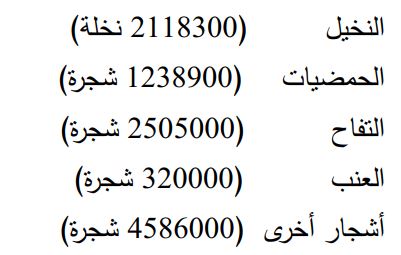Study of the economic reality of the Holy Karbala Governorate and its future prospects-regional planning for the Holy Karbala Governorate
Keywords:
Economic reality, future prospectsAbstract
It is known that economic planning at the regional or governorate level seeks to achieve a certain level of economic growth at the administrative level for which planning aims. Therefore, it was not independent of comprehensive planning, regardless of its levels. Still, it is part of that planning, except that it considers economic, natural, and social resources. ...etc. for the region to rely on in building the foundations of economic growth in that region.
The main goal of this study is to develop general indicators about the possibility of planning for Karbala Governorate based on the reality that distinguishes it from other governorates in the country, noting that this goal was based on an economic problem facing this governorate, which is a significant disruption of the financial resources available in this governorate. And the lack of interest and care to activate these resources so far. Therefore, to develop logical solutions to this problem, the research came up with the hypothesis that: ((The Karbala Governorate possesses the qualifications to advance the economic and social reality, and it is possible to develop this governorate within five years if the available resources are exploited, whether agricultural, industrial, or tourism)).

Downloads
Published
How to Cite
Issue
Section
License
Copyright (c) 2008 College of Administration and Economics - University of Karbala

This work is licensed under a Creative Commons Attribution-NonCommercial-NoDerivatives 4.0 International License.
Authors retain the copyright of their papers without restrictions.



